IHNESTRASSE
NOW AND THEN
Ihnestraße 22/24 then
The building at Ihnestraße 22 in Berlin-Dahlem was built as a research institute. It served as the main building of the Kaiser Wilhelm Institute for Anthropology, Human Heredity, and Eugenics, which opened in 1927. It housed offices, laboratories, and rooms for collections. The institute also included a small animal stable and the Director’s Villa at Ihnestraße 24.
From 1911, the Kaiser Wilhelm Society (now the Max Planck Society) had established various research centres on the lands of the former Dahlem manor. The institute at Ihnestraße 22 was established to research aspects of human heredity. The institute was discontinued after 1945.
In 1948, the newly founded Freie Universität Berlin took over the building at Ihnestraße 22, initially to house the Faculty of Law and Economics. During this time, former institute employees such as Hans Nachtsheim and Hermann Muckermann continued their research in the neighbouring buildings.
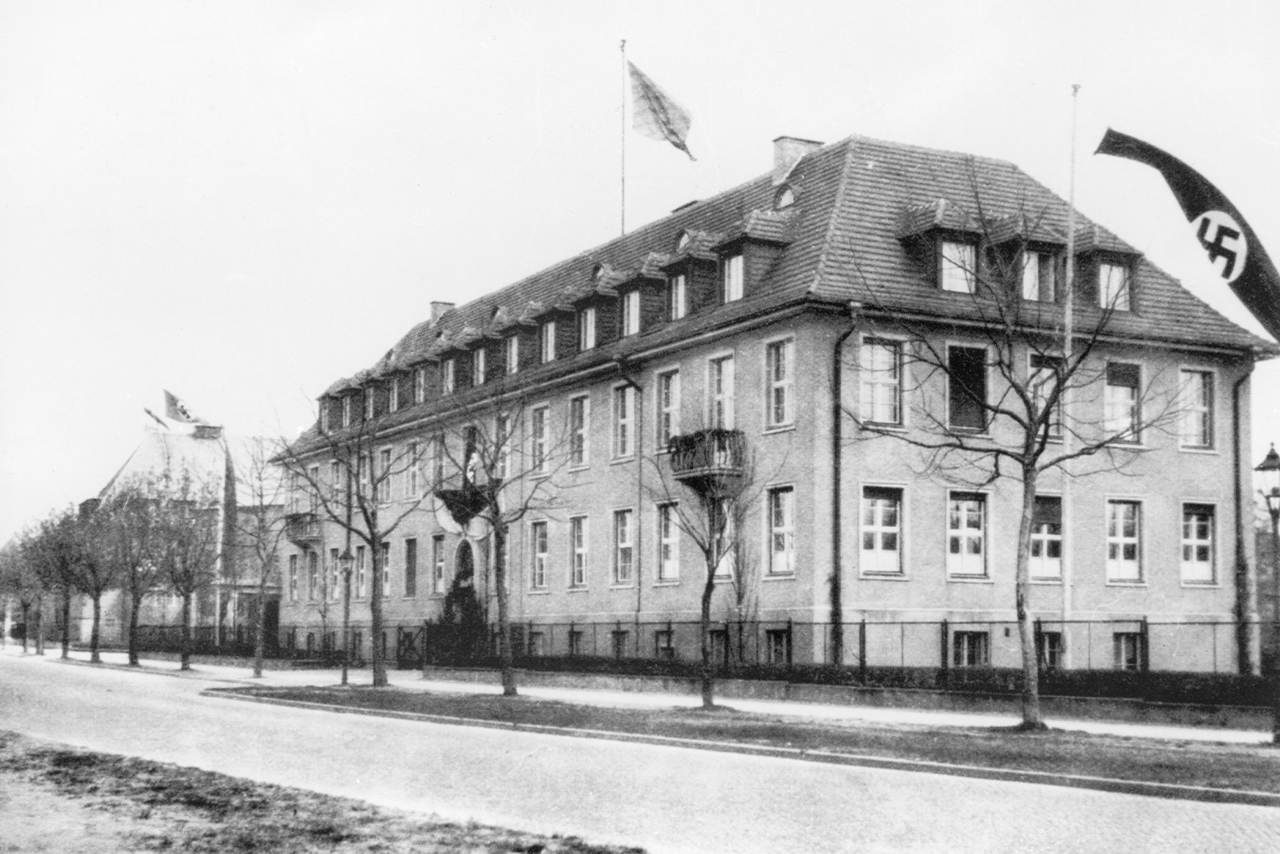
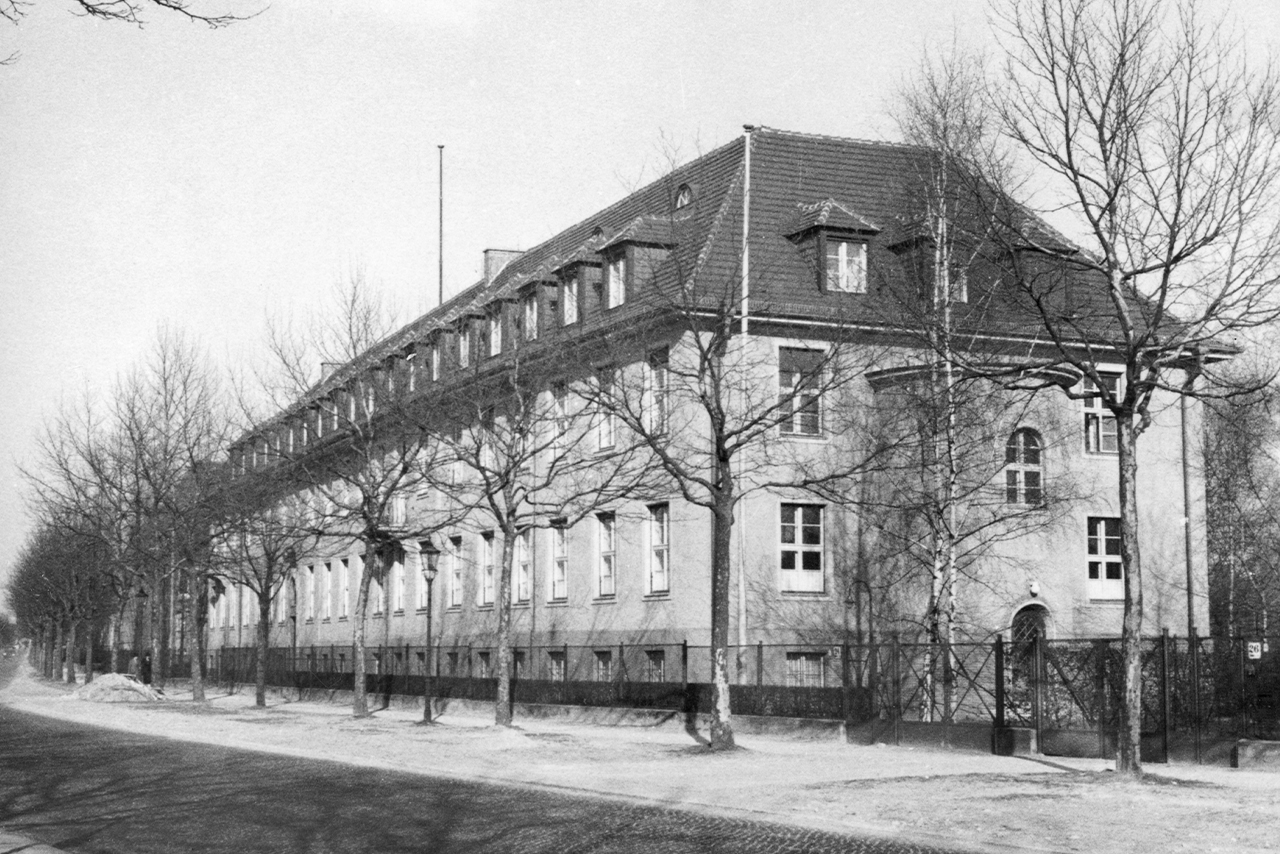
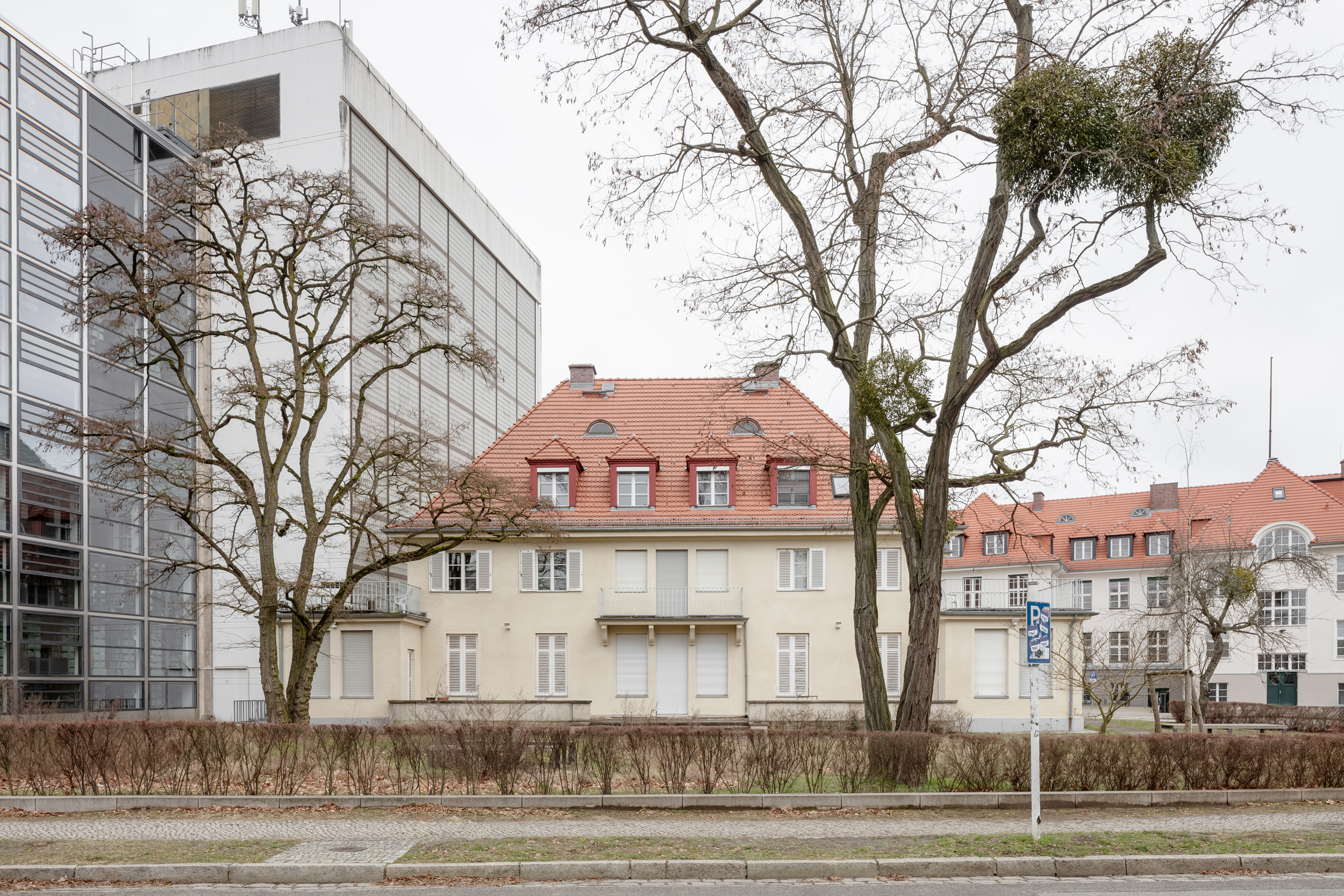

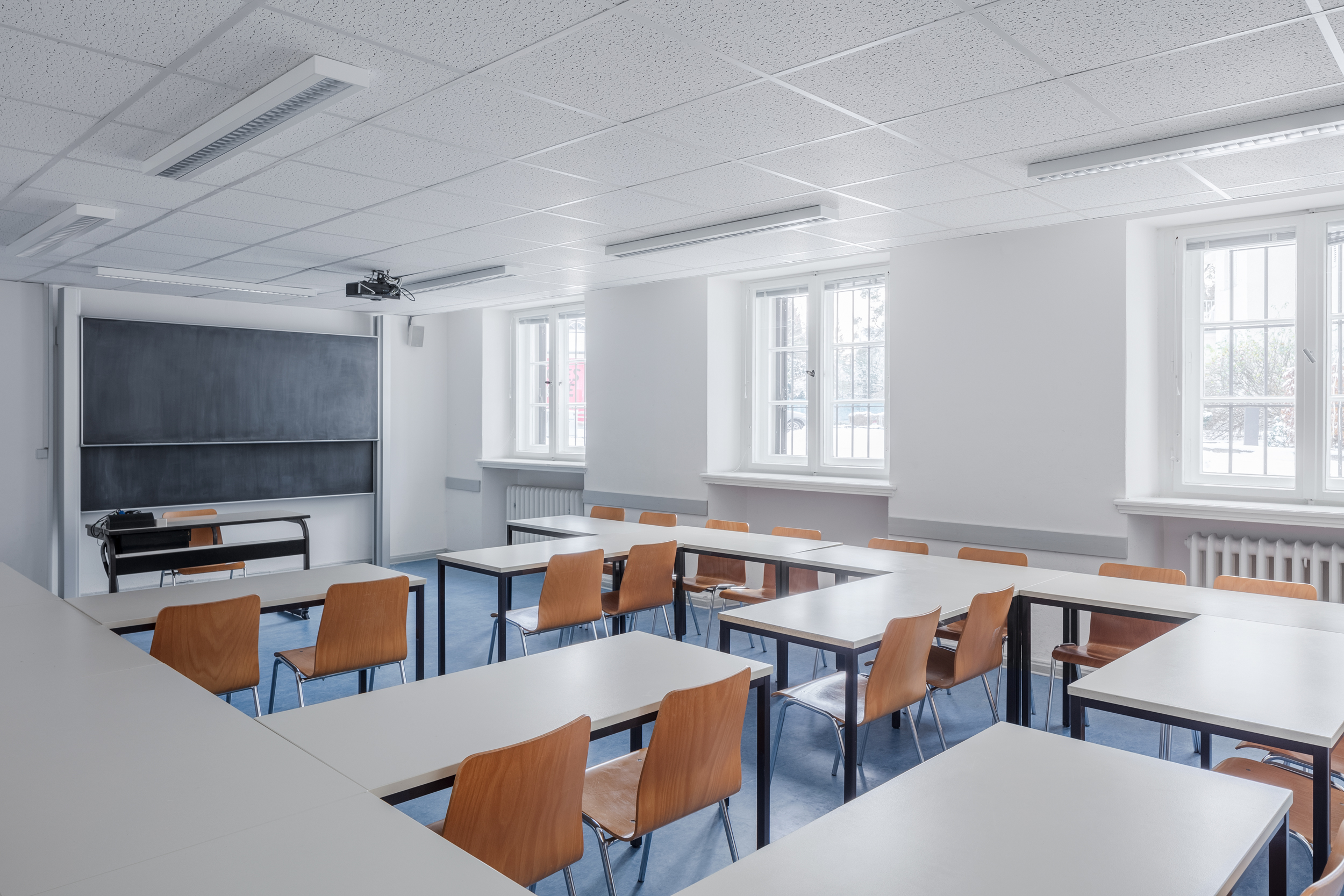
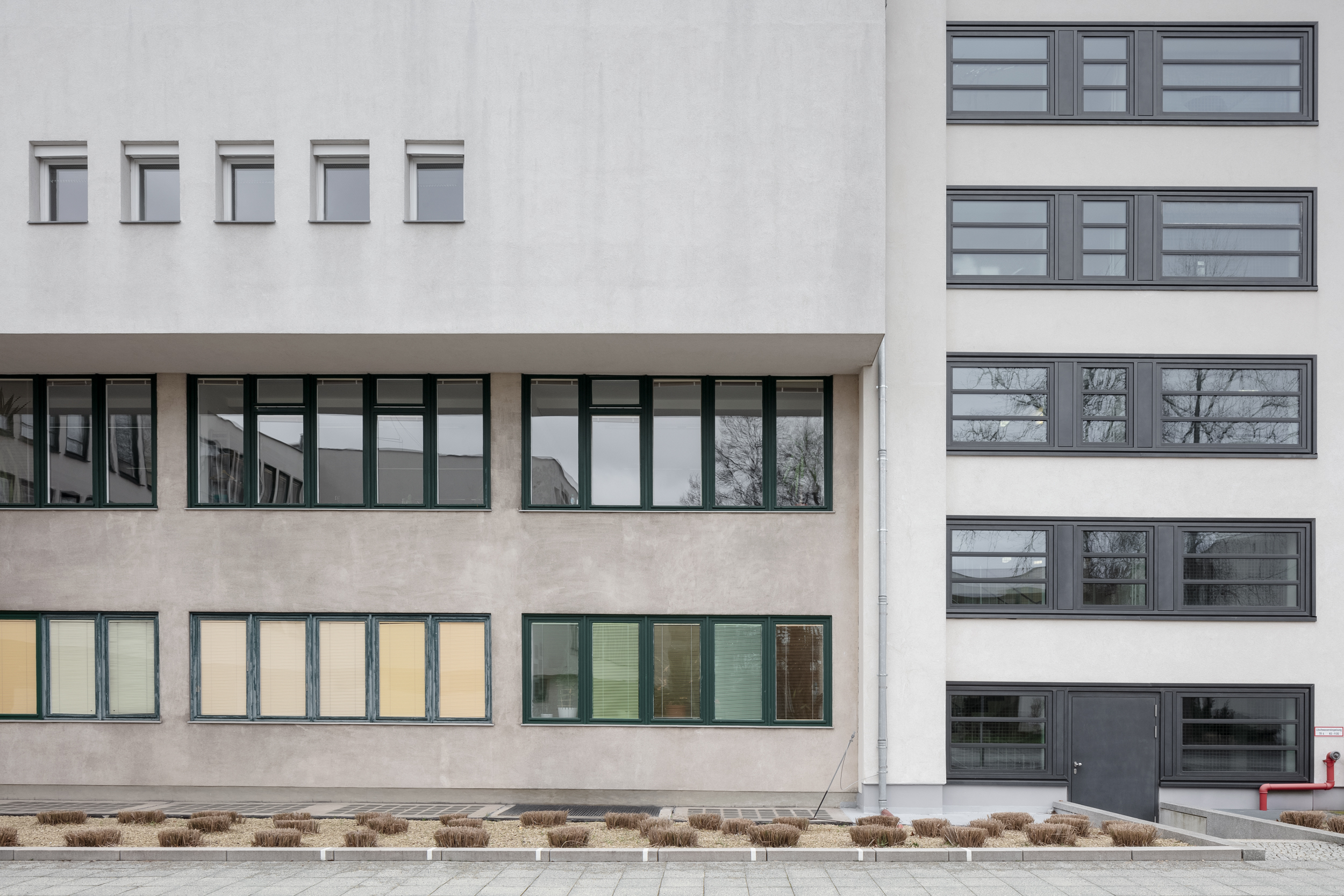
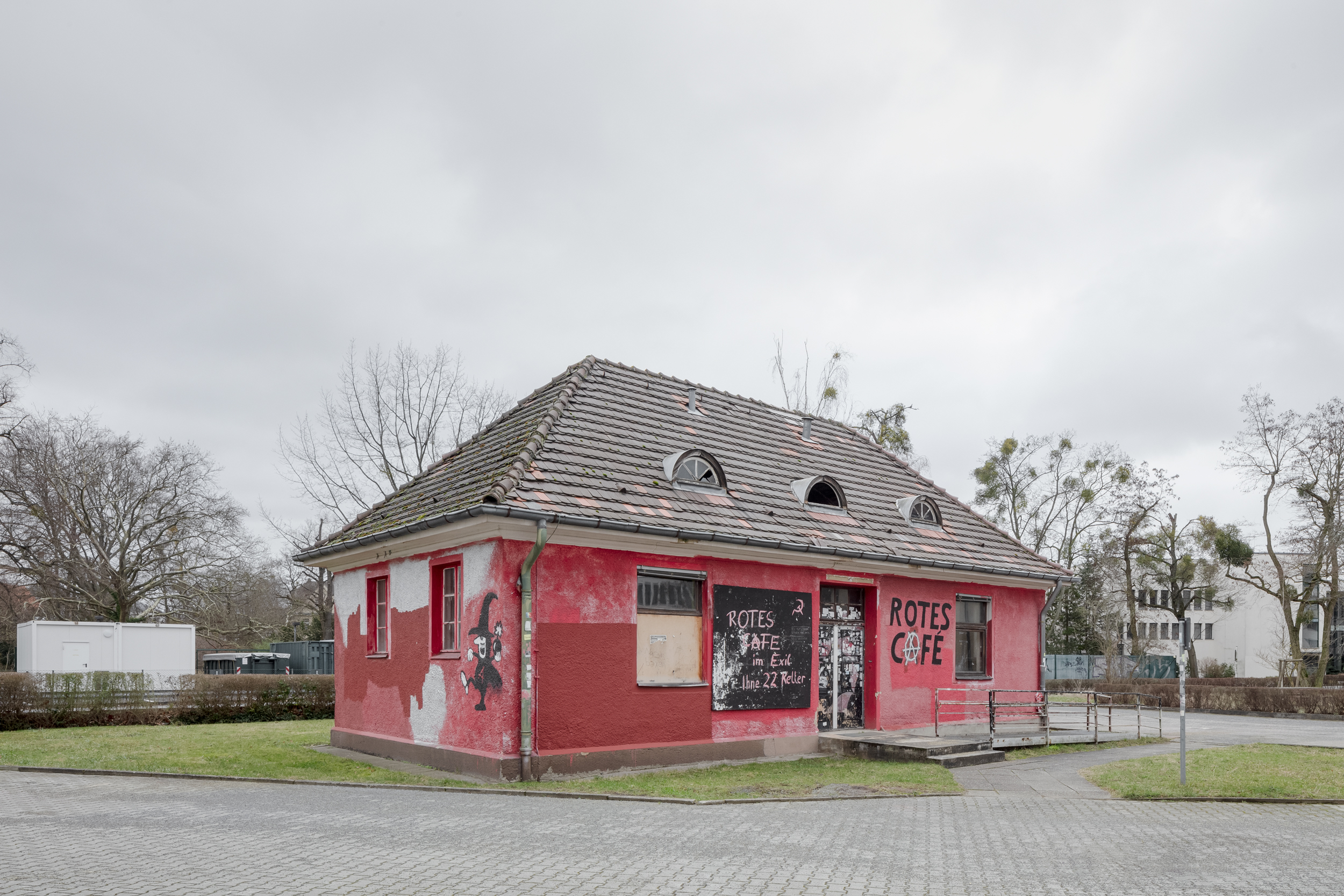
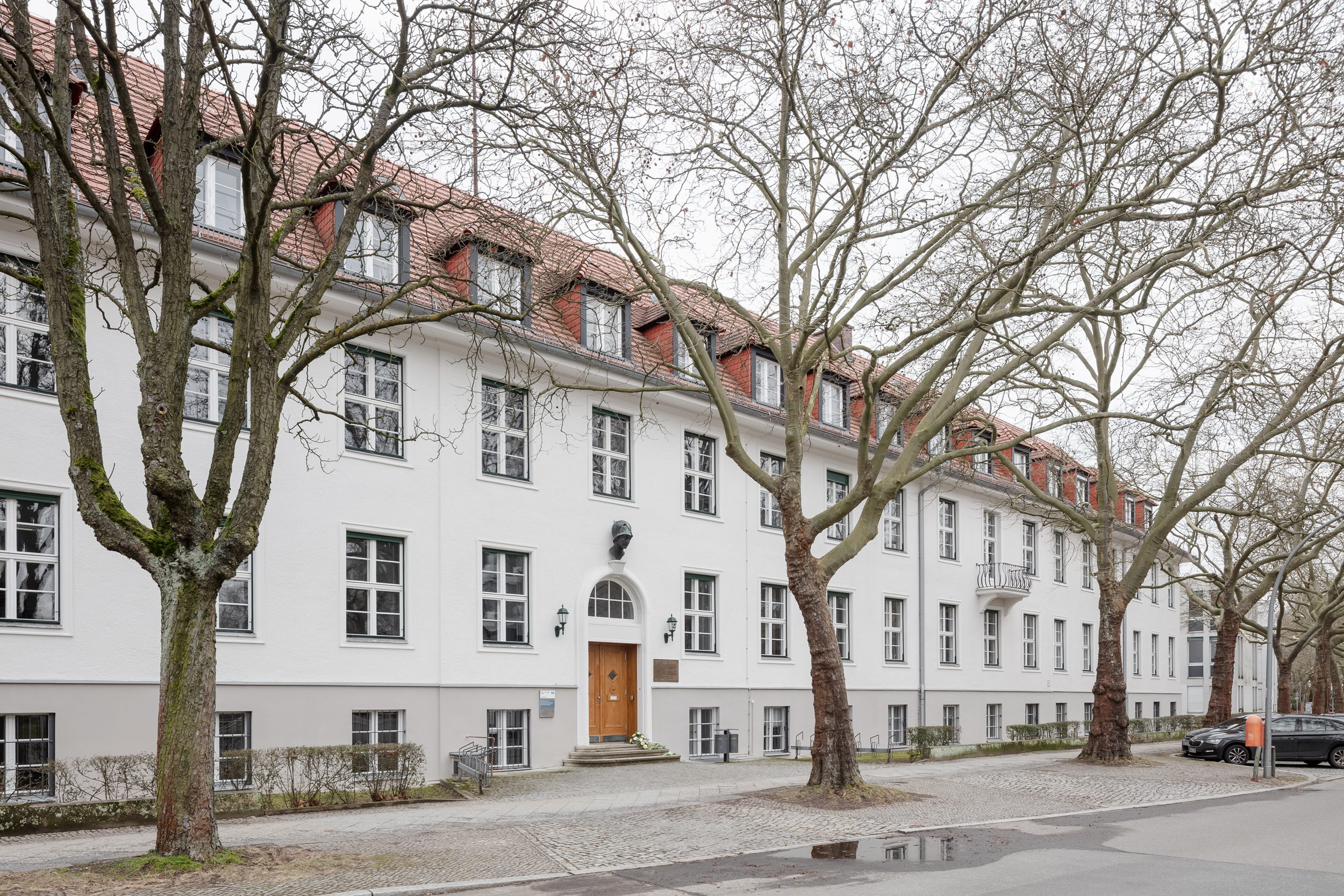
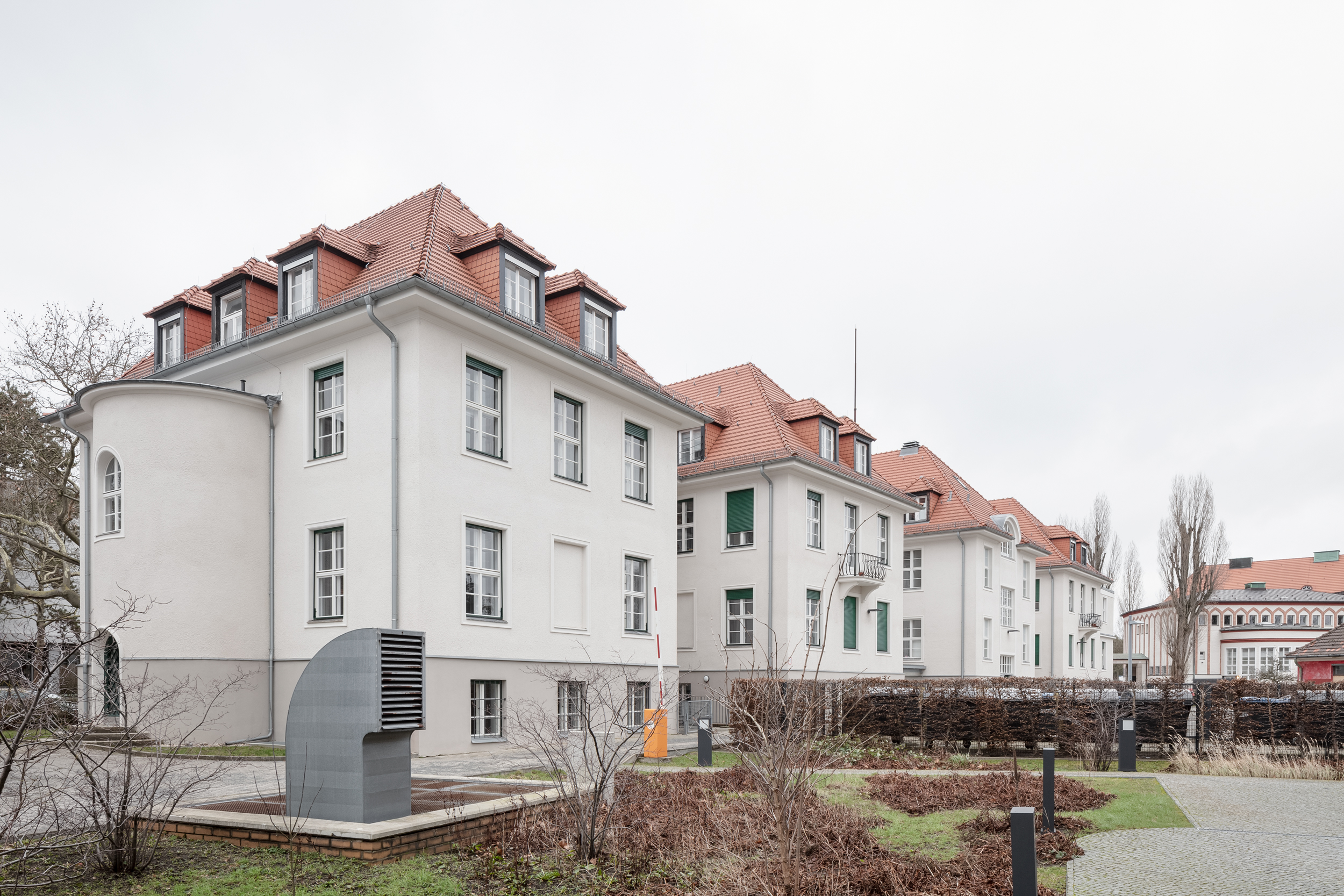
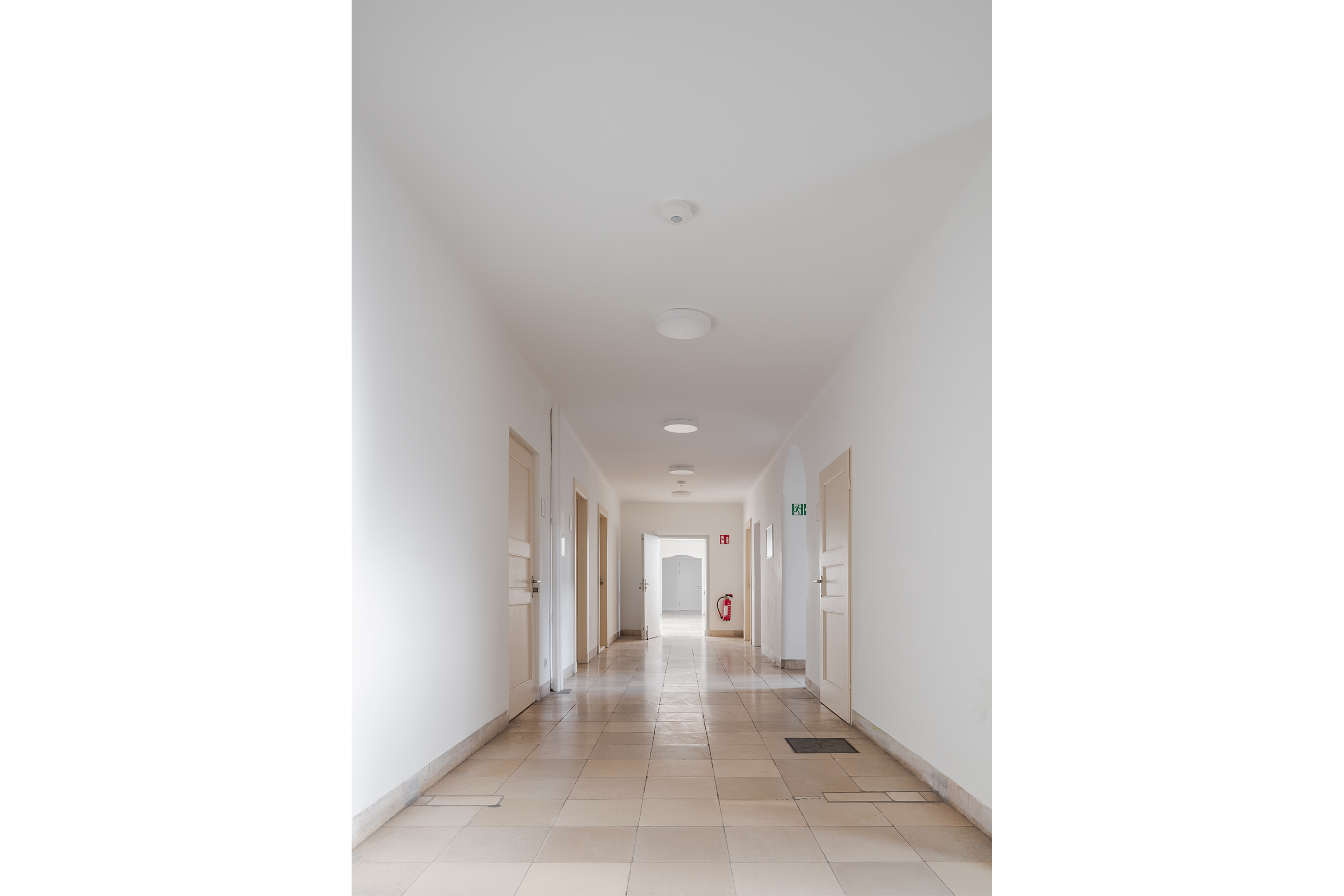
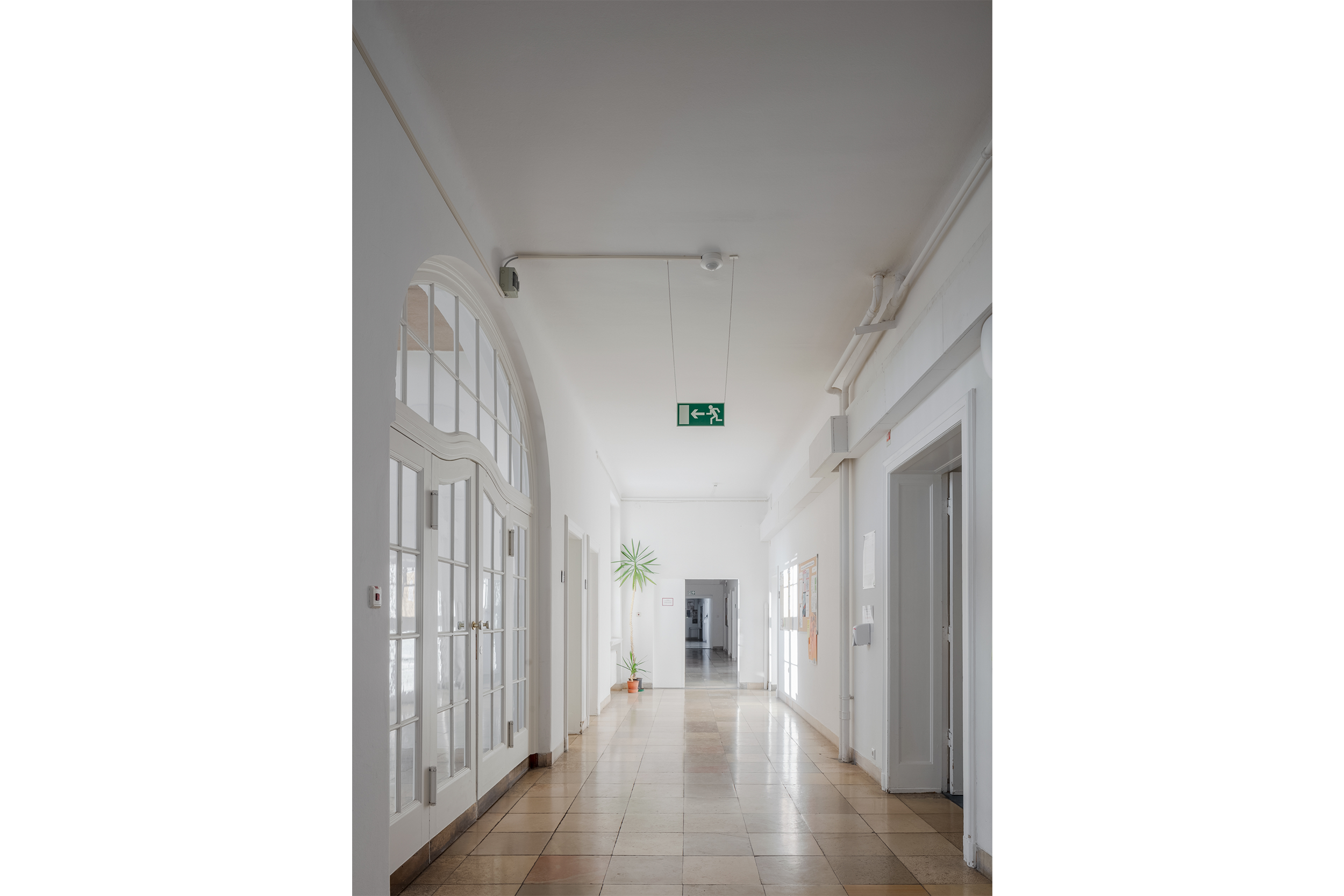
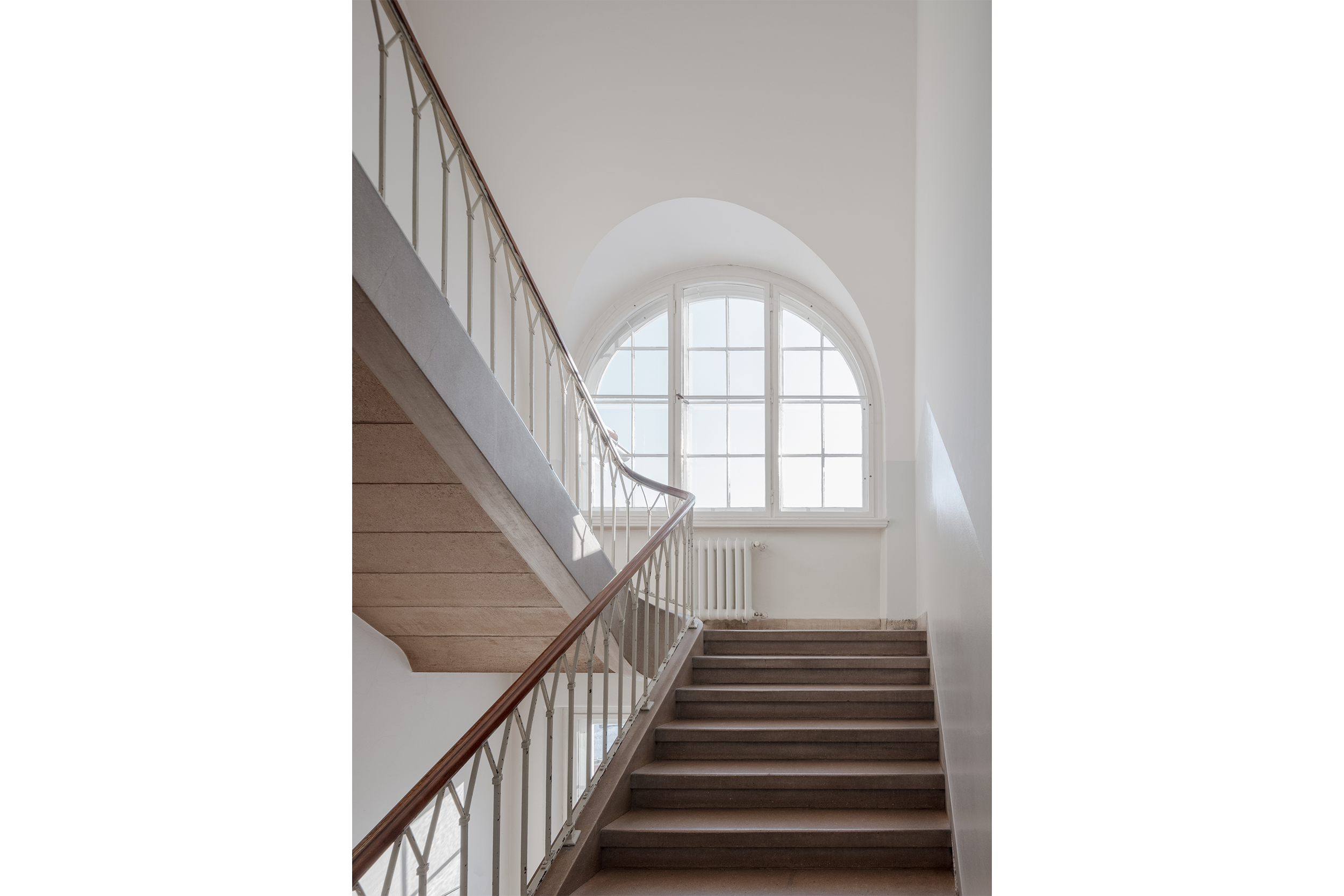
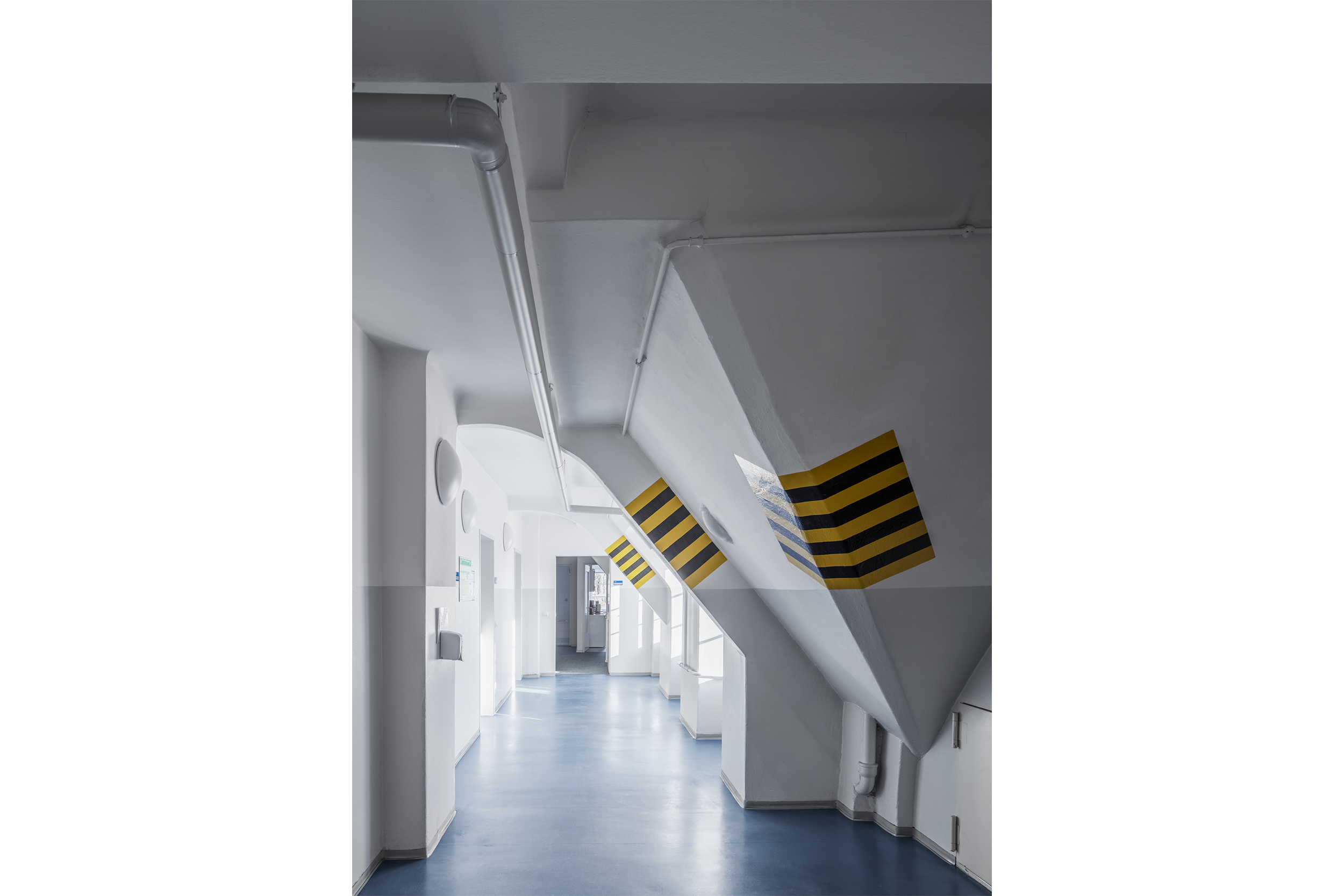
Ihnestraße 22/24 today
The former main building of the Kaiser Wilhelm Institute for Anthropology, Human Heredity, and Eugenics is now home to the Otto Suhr Institute of Political Science at Freie Universität Berlin. In 1962, the Institute of Political Science initially moved into the newly constructed building at Ihnestraße 21 across the street, before taking over the entire building at Ihnestraße 22 by 1983.
Various departments of the Institute of Political Science are located in the building. On the ground floor there is an auditorium for lectures and seminars, which originates from the time of the Kaiser Wilhelm Institute, and in the basement, there are several seminar rooms, as well as the student-run “Rotes Café” (Red Café).
The former Director’s Villa served as the rector’s office of Freie Universität Berlin from 1962 and today is still home to offices of the university. The former stable building is currently empty. For almost 20 years, it served as the first “Rotes Café” (Red Café).
